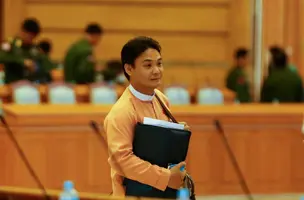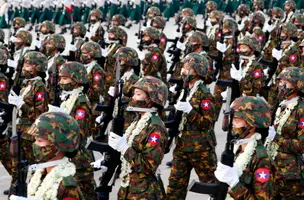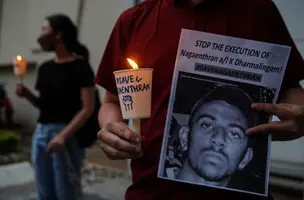
Home
Publications
Publications
Showing 0 to 0 of 0 results

Events
2024-10-11T08:49:52
Charles Santiago on “ASEAN: A Region in Transition – Reassessing the Death Penalty for Drug Offenses”

Statements
2024-10-10T11:08:33
A Southeast Asia Free from the Death Penalty: A Vision of Justice and Human Rights in ASEAN

Open Letters
2023-08-10T17:43:24
Joint Open Letter: Halt the arbitrary execution of Viet Nam death row prisoner Nguyễn Văn Chưởng

Statements
2023-07-21T09:29:38
Southeast Asian lawmakers call for justice, accountability one year after the execution of four Myanmar pro-democracy activists

Statements
2022-07-25T06:28:13
Southeast Asian MPs condemn barbaric executions of four political prisoners in Myanmar

Statements
2022-06-06T09:56:37
Southeast Asian MPs alarmed by planned executions of four Myanmar political prisoners

Statements
2021-11-09T04:53:15
Singapore: Stop execution of Malaysian with intellectual disabilities

Opinion Articles
2017-05-24T07:31:56
Executions of death row prisoners highly immoral, gross misconduct

Statements
2017-02-15T07:31:29
Lawmakers rally against the death penalty in the Philippines
TOP
ASEAN Parliamentarians for Human Rights (APHR) was founded in June 2013 with the objective of promoting democracy and human rights across Southeast Asia. Our founding members include many of the region's most progressive Members of Parliament (MPs), with a proven track record of human rights advocacy work.
Copyright © 2024-2025 All Rights Reserved - ASEAN Parliamentarians for Human Rights (APHR)
Website by Bordermedia